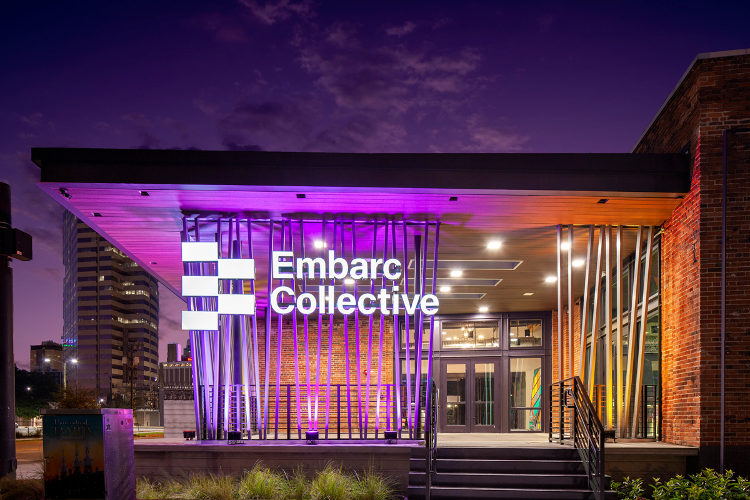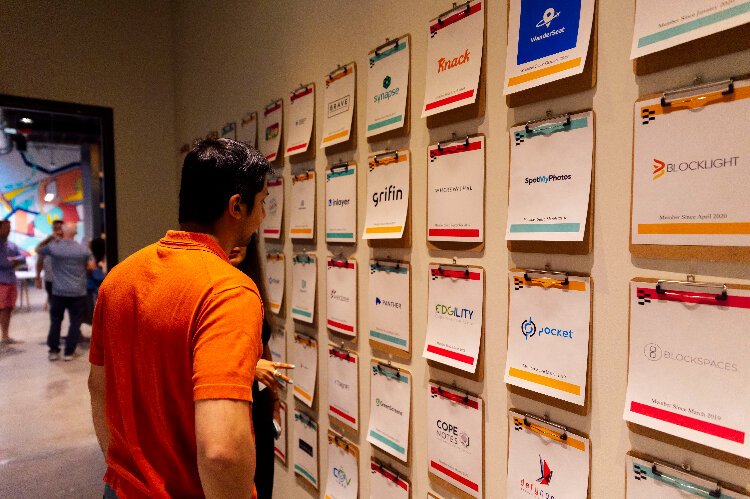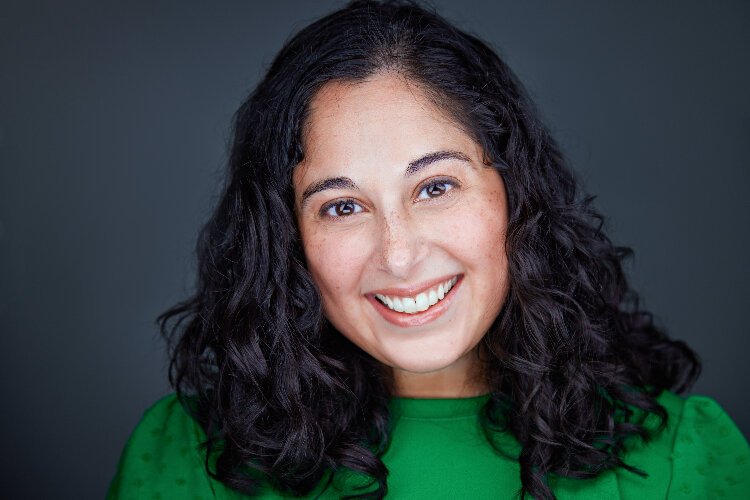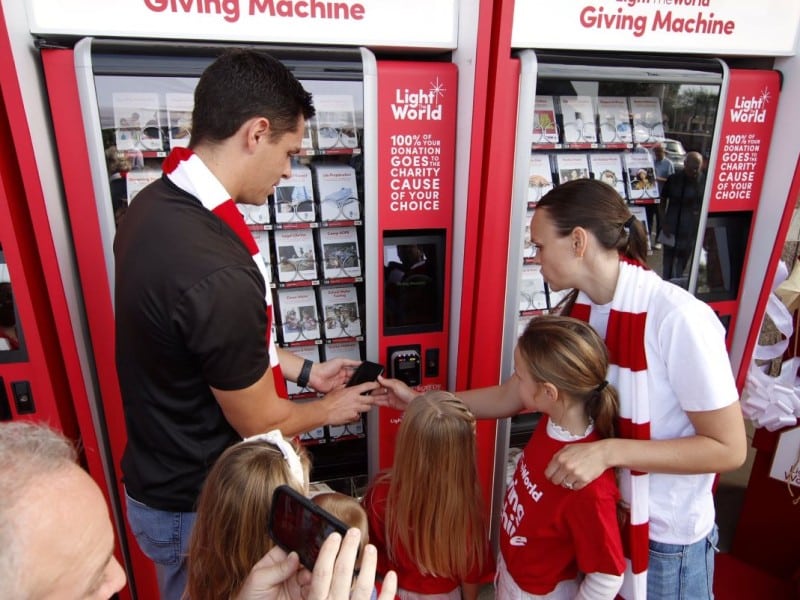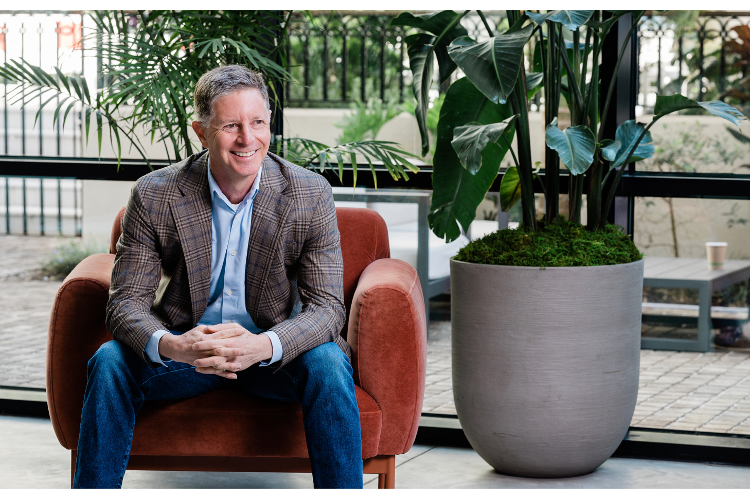Embarc Collective takes Tampa tech worldwide with global recognition as a startup hub
Already Florida's fastest-growing startup hub, Tampa's Embarc Collective earns global recognition, being named a "Top Challenger" in UBI Global's 2021-22 World Benchmark Study of business incubators around the world.
In 2019, Lakshmi Shenoy hit the ground running at Embarc Collective.
Recruited from Chicago to lead Tampa Bay Lightning owner Jeff Vinik’s startup hub, Shenoy was helping 25 tech companies get their footing and grow while Embarc’s 32,000 square-foot space at Water Street Tampa was still under construction.
Today, Embarc works with more than 125 startups that have collectively raised nearly $180 million in venture capital. The roster of members includes a mix of homegrown tech companies and that relocate to Tampa Bay to work with Embarc and be part of the region’s growing tech scene.
Already Florida’s fastest-growing startup hub, Embarc has earned another significant feather in its cap, being named a global “Top Challenger” in the 2021-22 World Benchmark Study by UBI Global, a Sweden-based organization that specializes in analyzing and benchmarking business incubator programs around the world.
Only two U.S.-based programs received that distinction in the 21-22 study. Shenoy says UBI Global’s study is a deep data-driven review of the programs. She knows from experience. 1871, the Chicago-based tech incubator where Shenoy was Vice President of Strategy and Business Development before coming to Embarc, was named the top university-affiliated incubator in the world in 2018.
“There are lots of different rankings out there,” Shenoy says. “The reason why I really respect the UBI ranking is that UBI is made up of a team of researchers who have done six benchmarking studies of organizations that are similar to Embarc Collective. The level of data that goes into the study, and the level of data we have to provide to be included in their benchmarking study is very in-depth. This isn’t a popularity contest in terms of rankings. The data is what is putting Embarc Collective on the map and the data is what is reflecting the engagement of Embarc Collective and the impact of Embarc Collective on the startups that we support. So this is a really quality study. You really have to demonstrate the proof that we offer this level of quality.”
Shenoy feels Embarc’s approach to working with startups sets it apart from other incubator programs.
“There are a couple of things about how we set up our organization that are different than traditional entrepreneurship organizations,” she says. “First, We do not have a set curriculum. So many organizations that support startups have a 12 or 16-week program a startup will go through and graduate that they couple with access to a network of volunteer mentors. What we did a little bit differently, is instead of having a set curriculum we tell companies joining Embarc Collective to talk to us about what your short and long-term goals are and we’re going to give you the resources customized to those goals. We’re less reliant on the programming to lead the companies and we’re instead leveraging our coaching, which happens on a daily basis through our staff of coaches. It’s a bit more bespoke than the traditional entrepreneurship program. What’s interesting is because we don’t have a cohort model with a fixed start and stop date, every company’s adventure through Embarc looks different.”
The coaches themselves are another differentiator.
“Our coaches are paid members of our team, not volunteers,” Shenoy says. That allows me as a CEO to vet all of the coaches on our staff and make sure their startup experience is really deep. It also ensures that we have a level of accountability because they are employed to help companies, instead of doing it in their free time. That real focus on the support itself has been a way for us to break out compared to other organizations from around the world. Last year we delivered 1700 hours of one-on-one coaching to the startups we’re working with. That stands out in relation to other organizations. It demonstrates that we are truly focused on the support itself rather than being the container the support happens in, which often happens when you rely on volunteers.”
Looking ahead to 2023, Shenoy says Embarc is going to enhance support for its members by making two pilot programs permanent. First, is a mental well-being program to help with the challenges of stress and burnout so many start-up founders and CEOs face.
“The reason why that is important is that entrepreneurs have a higher likelihood of navigating mental health challenges just given the difficulty to build a company,” she says. ”So being proactive in proving mental wellness support is critical to making sure that the startups we support have the best chance for success. We did a pilot of this last year and we are fully expanding it this year with the support of the Florida Blue Foundation, which is really exciting. In conjunction with that, we’re building out some peer groups for members of Embarc Collective so people can get support from their peers in a thoughtful way.”
An investor fly-in event that brought national investors to Tampa Bay to meet with Embarc companies is also becoming a fixture.
“That was such a success that we’re going to be doing it multiple times in 2023, with the first one in February,” Shenoy says.
For more information, go to Embarc Collective and UBI Global.

